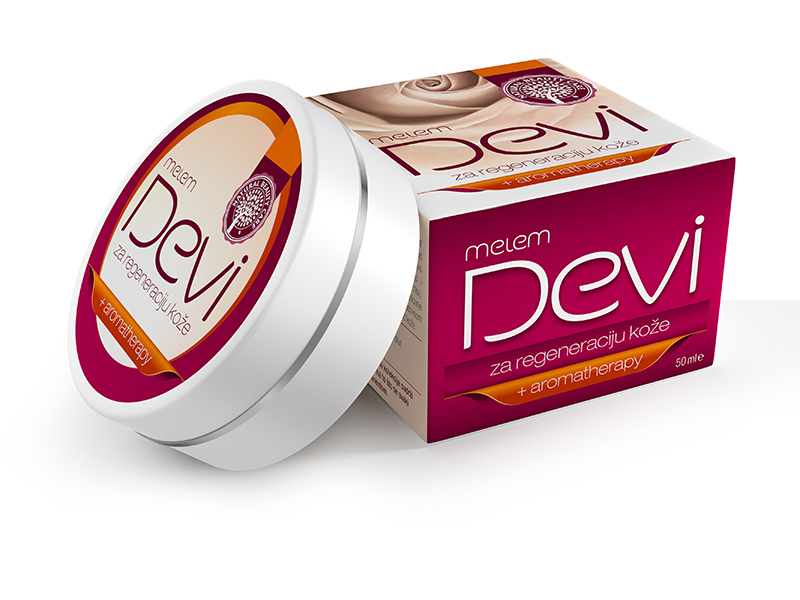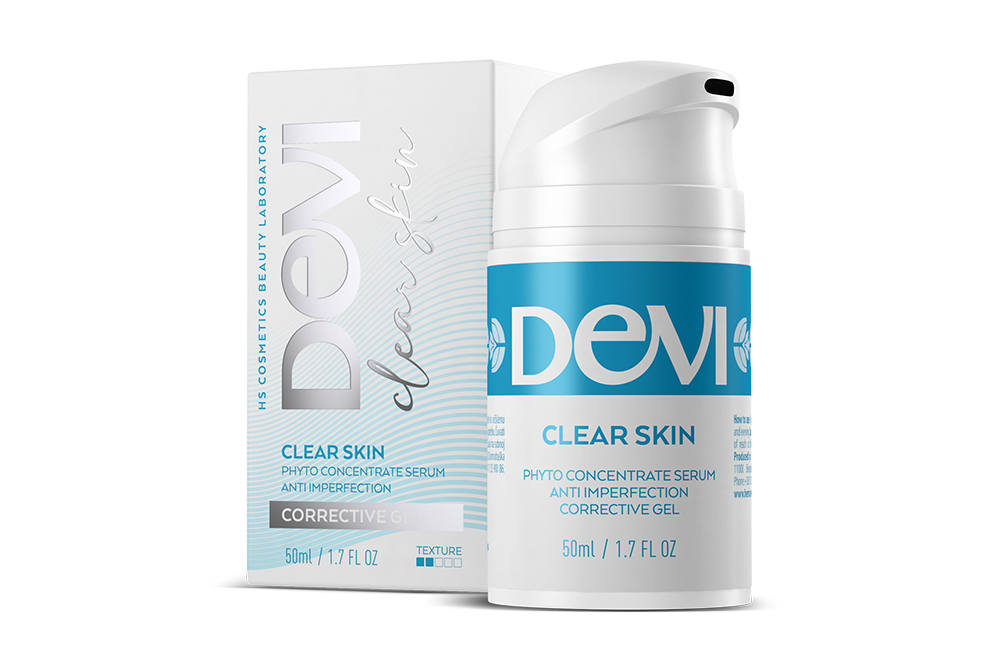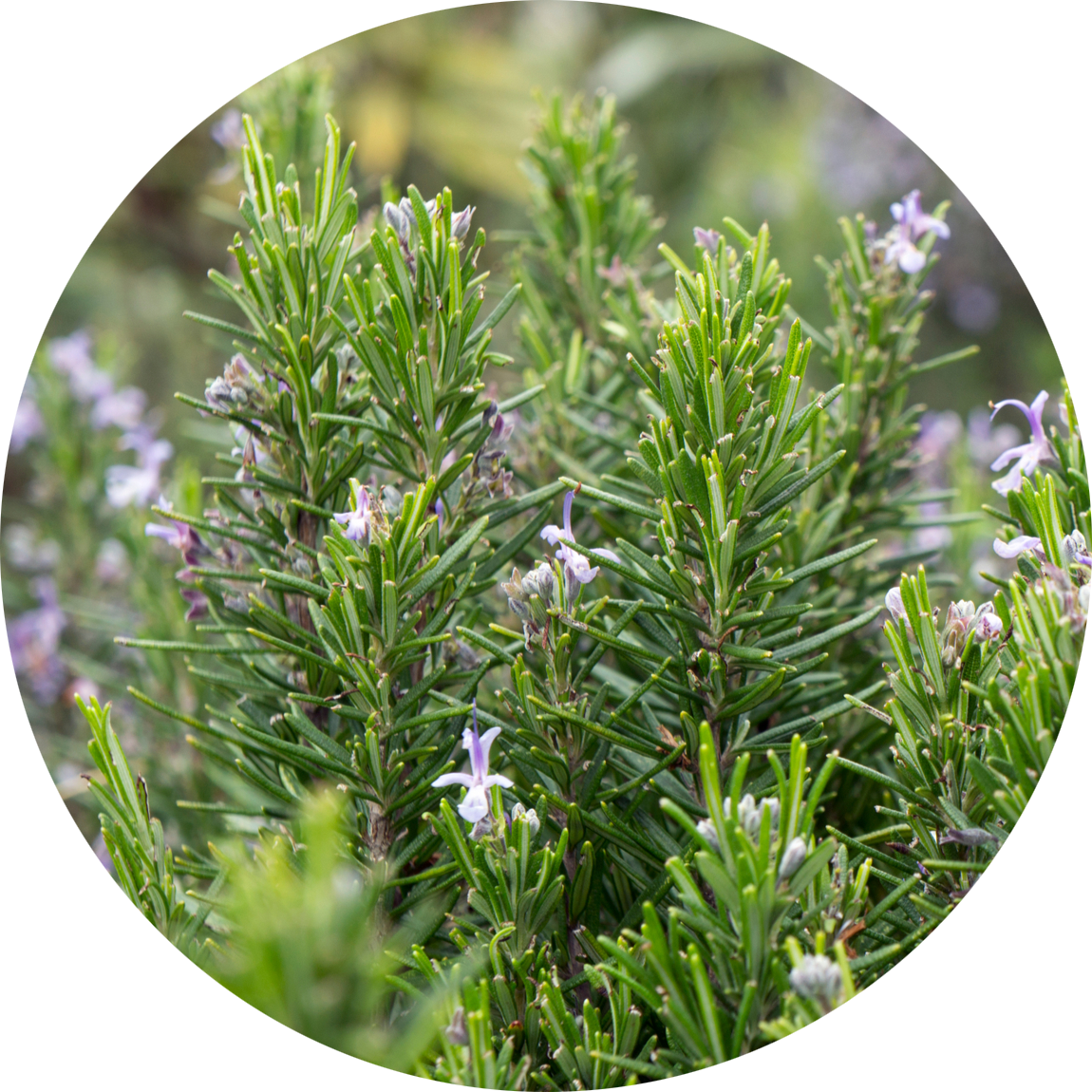(Rosmarinus officinalis)
In ancient Greece, students used to wear rosemary wreaths on their heads to improve memory and young women used to give it to their boyfriends who were going to war lest they should forget them. Once upon a time, a rosemary bush in the front garden symbolised dominance of the woman – the landlady of the house. Roman priests used it in religious ceremonies instead of incense; in England, rosemary was used to fumigate the house after severe illnesses. In Christianity, this plant is associated with Christ and his mother, and the popular opinion used to be that rosemary’s life-span is up to 33 years, which was Christ’s age when he was crucified. Napoleon used rosemary cologne; in Shakespeare’s famous scene of mental disorder, Ophelia gave rosemary to her brother Laertes as a keepsake.
In our part of the world, rosemary has a special symbolic place and no serious wedding can be held without it. The reason for this wedding custom is medical: in the 14th century, Queen Elisabeth of Hungary suffered from arthritis. No doctor in Hungary was able to help her, until a hermit prepared rosemary water for her, which reduced the swelling around her joints, enabling her life to return to normal and additionally making her look more beautiful and younger. The queen married the king of Poland whom she is said to have seduced with the rosemary scent; at their wedding everything was decorated with sprigs of rosemary, including the wedding guests. This practice soon became a custom and spread throughout the region; the healing tonic later became the famous perfume called ‘Hungary Water’.
DEW FROM THE MEDITERRANEAN
The scent of rosemary most often reminds us of the sea and the Mediterranean. That is not accidental as the plant originates from the Mediterranean belt; it has sea in its name – ros and marinus – which in Latin means “dew of the sea”. This plant of coniferous leaves grows in abundance and flourishes in the Mediterranean, where it is widely used not only in folk medicine, cosmetics, as a perfume, medicine or insect repellent, but also as a popular spice in cooking. A sprig of rosemary will infuse roasted meat or fish with a delicious flavour and will not only improve the taste of barbecued meat, but will also reduce the level of carcinogenic substances that develop during roasting with charcoal. And let us not forget the famous thin Italian focaccia bread, to which rosemary gives the final Mediterranean touch. On the Mediterranean coast, where olives also grow in abundance, from which the best, cold-pressed oil is made, rosemary is often used to infuse olive oil.
ROSEMARY AS MEDICINE
What does science say about all this? Rosemary, whose scientific name is Rosmarinus officinalis, is definitely a real treasure trove of health. Let us return to Queen Elisabeth and her joint pain – she certainly felt relief after using the original Hungary Water which calmed inflammation, relieved cramps and pains and improved blood circulation. Flavonoids, rosmaric acid, antioxidants, saponins and tannins that are part of rosemary leaves have antiseptic, anti-rheumatic, anti-neuralgic and anti-hypertensive properties. So the old English were right to fumigate their houses with rosemary after an illness, because this plant has the power to disinfect; a study has proved the power of rosemary in osteoarthritis. In addition to reducing joint pain, this intoxicating plant calms the nervous system with its scent, relieves headaches and anxiety and lowers the level of cortisol, a stress hormone, scientists claim.
Ophelia was definitely right when she gave her brother rosemary against memory loss. One study identified the potential of diterpenes obtained from rosemary as a possible therapy for Alzheimer’s and Parkinson’s disease. With its antioxidant and anti-inflammatory action, this phenol can also help with the neurodegenerative processes that are characteristic of these serious diseases and stimulate blood circulation in the brain. Even rosemary essential oil alone can be enough to improve cognitive functions and improve our memory. Studies have also proven that rosemary tea or rosemary water have an excellent effect on cerebrovascular health. A study involving high school students also proved that ancient Greek students knew what they were doing: rosemary improves short-term memory and numerical memory, which is useful information both for students and their parents.
Rosemary tea has the same effects as its essential oil, only in a milder form. It contains antioxidants that protect our body from free radicals, oxidative stress and inflammation that could lead to serious chronic diseases, including coronary heart disease, diabetes and cancer. Rosemary tea has antimicrobial properties, it lowers blood sugar, helps us keep fit and slender, is effective against pain and is an excellent remedy for the digestive system; it has another very beneficial and important property: rosemary prevents macular degeneration. Carnosic acid contributes to the health of our eyes, it protects the cornea from degeneration and damage caused by light or age. To sum up, rosemary as a medicine works on all fronts, regardless of whether we use rosemary oil, rosemary spice or rosemary tea.
ROSEMARY FOR THE SKIN
And what about beautification and rejuvenation? It was most probably the case with Queen Elisabeth of Hungary, because rosemary improves blood circulation in the skin, it accelerates regeneration, calms and heals it. It can help greatly with burns, wounds, eczema, dermatitis and psoriasis. A study proved that rosemary essential oil in skin gels increases hydration and elasticity. Another study looked at the effects of this herb on acne and concluded that rosemary oil reduces skin inflammation caused by the pathogen Propionibacterium acnes, thanks to the same valuable compounds – rosmarinic acid, carnosol and carnosic acid. In addition to looking after our skin, rosemary also takes care of the health and beauty of our hair: it accelerates its growth, strengthens the hair follicle, helps with alopecia, prevents baldness, as well as inflammation of the scalp and other related disorders.
Queen Elisabeth of Hungary did not only change externally – she became more optimistic and happier thanks to rosemary. This plant has the power to drive away morning fatigue, to normalise low blood pressure and to restore energy because it dilates blood vessels. It also cures anaemia because it improves appetite and the operation of our digestive organs. It can also help women with an irregular cycle and can relieve menstrual pains.
Still, it seems to be most prevalent in cosmetics. Its incense-like scent is irresistible, but its therapeutic properties are even better. That is why rosemary has found its place in Devi balms. Thus, in Devi skin regeneration balm, combined with other excellent butters and oils, it promotes healing and skin regeneration, disinfects and prevents the appearance of acne, enables better blood circulation and recovery even in the most complicated skin disorders, such as eczema and psoriasis. In Clear Skin Gel it additionally helps the skin get rid of acne. If Devi balms had been available to Queen Elisabeth of Hungary she would have been much better off. Nevertheless, we are grateful for her Hungary Water and the custom of embellishing wedding celebrations with rosemary.


